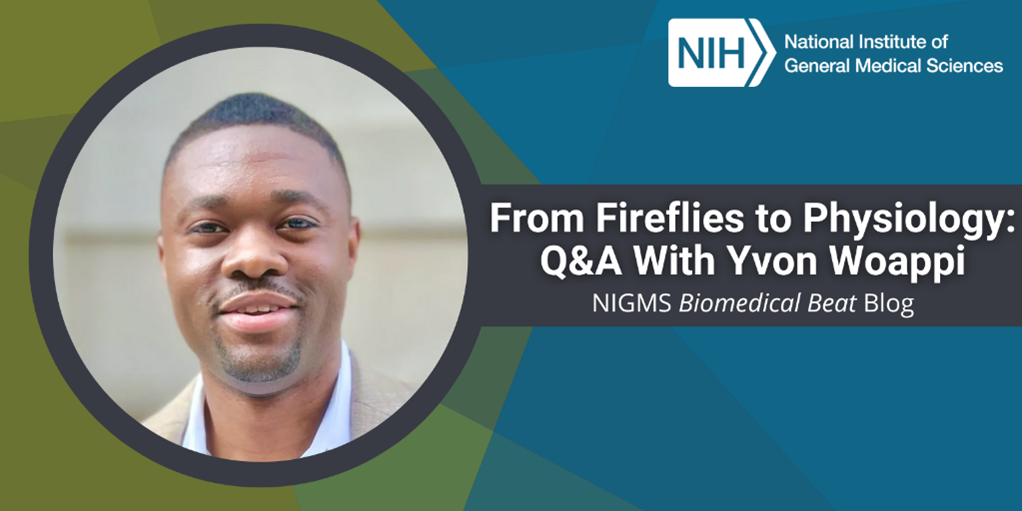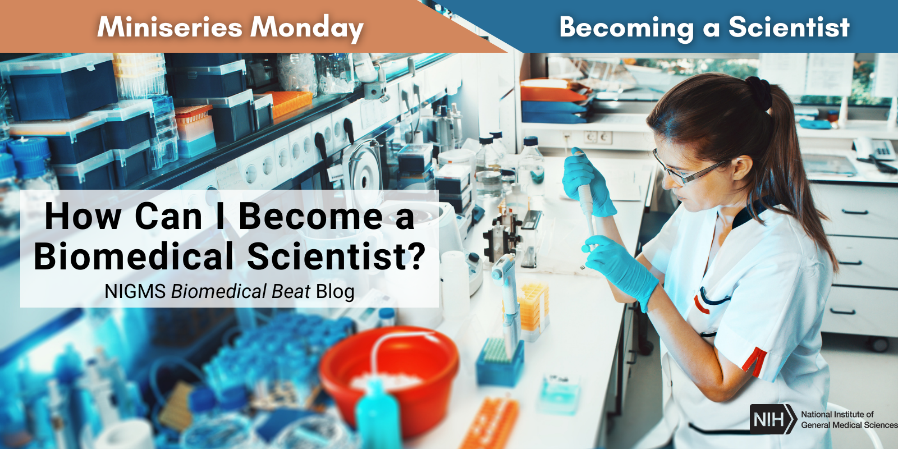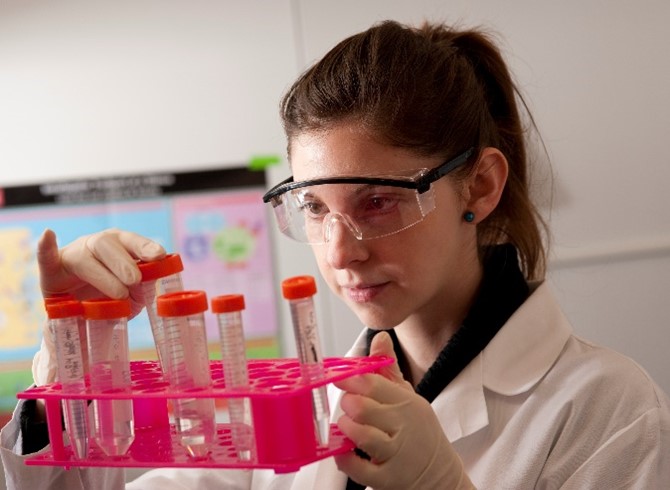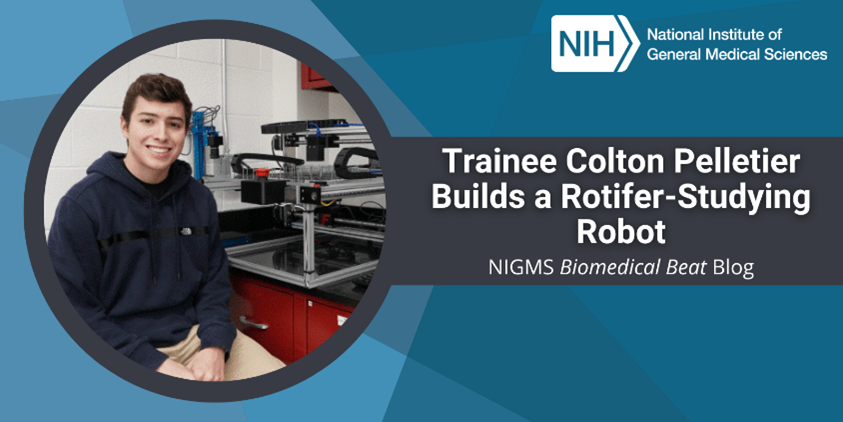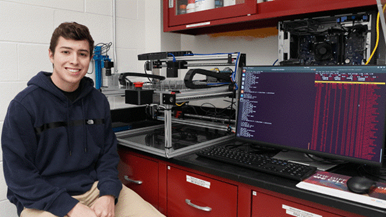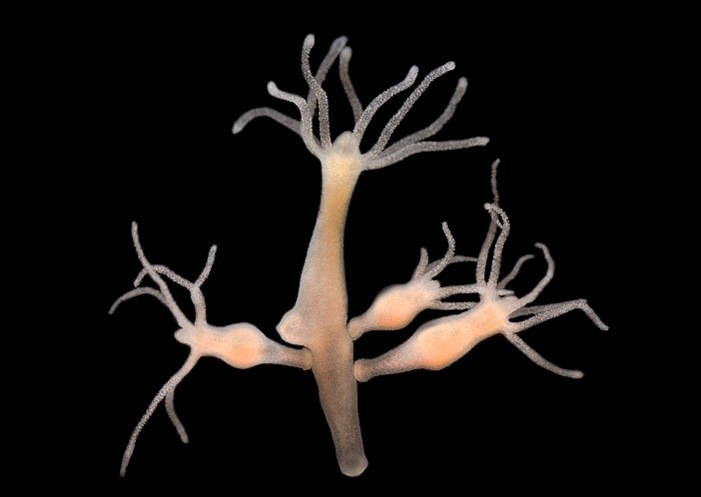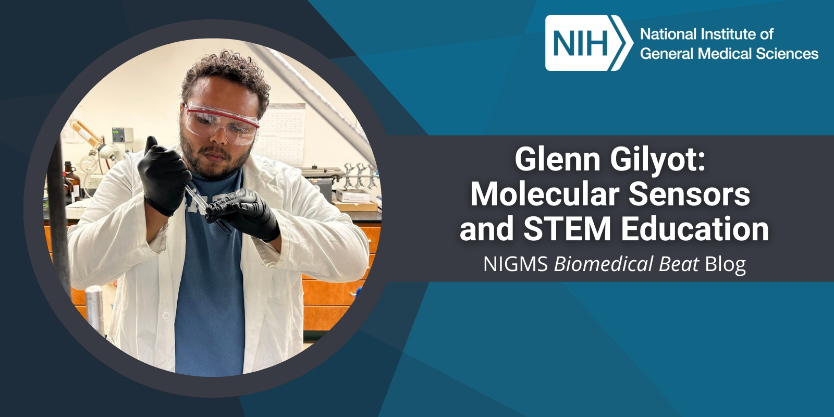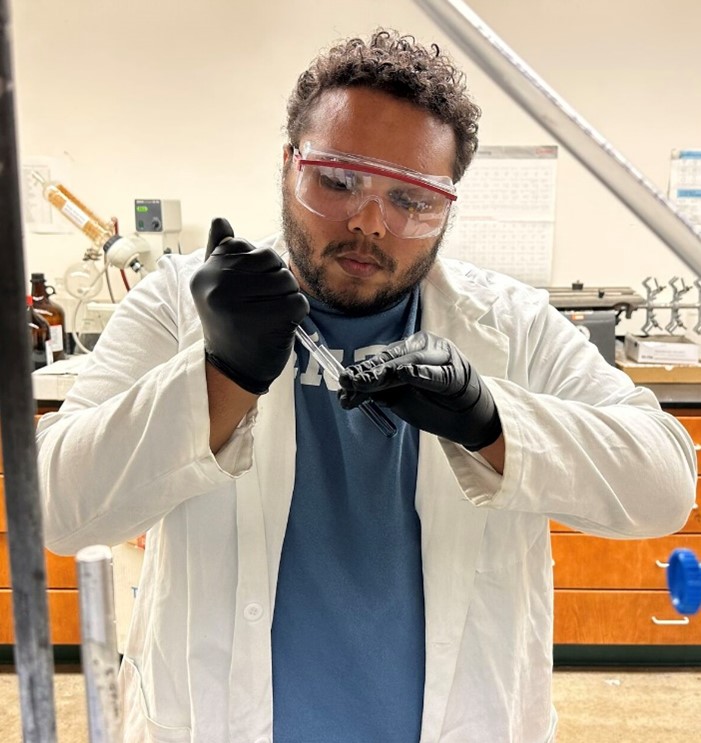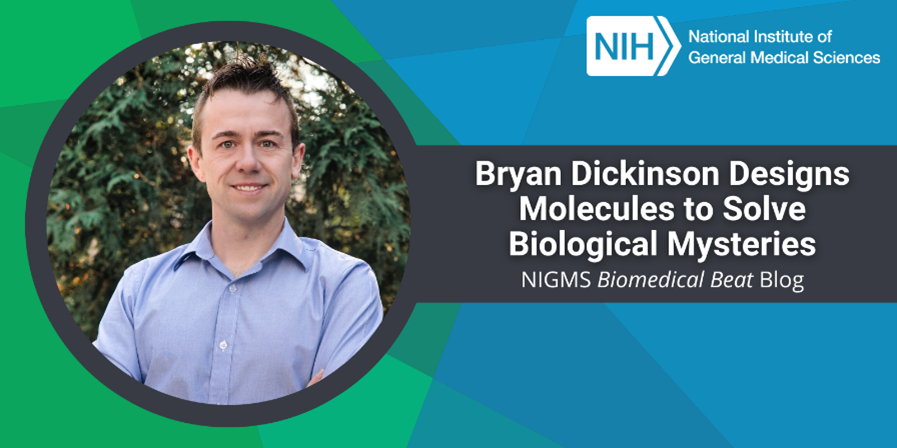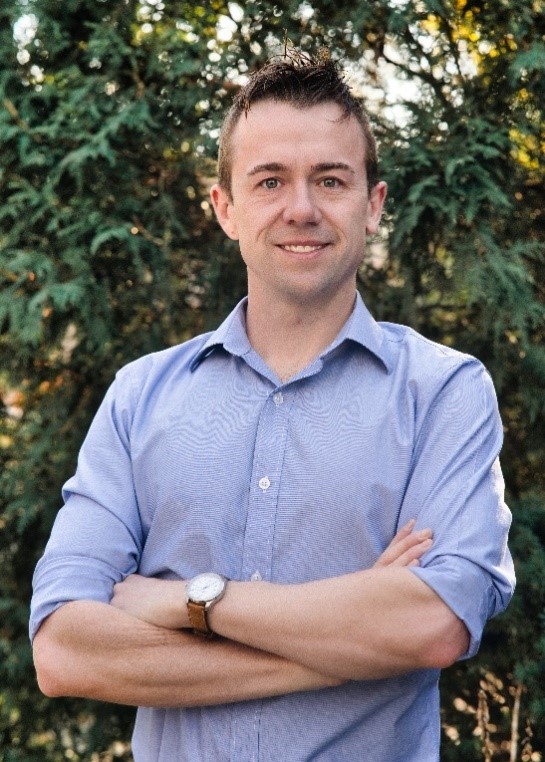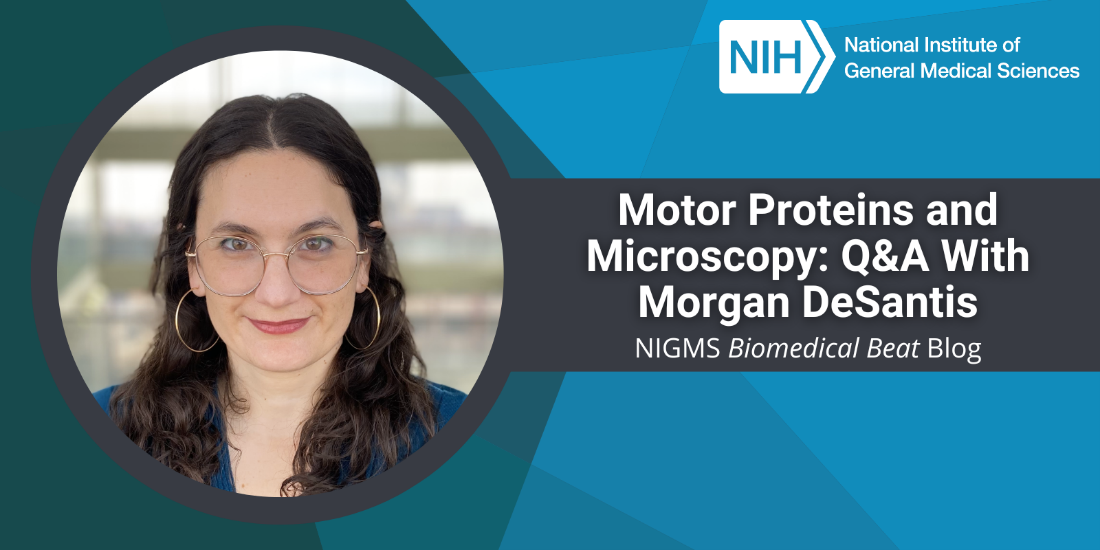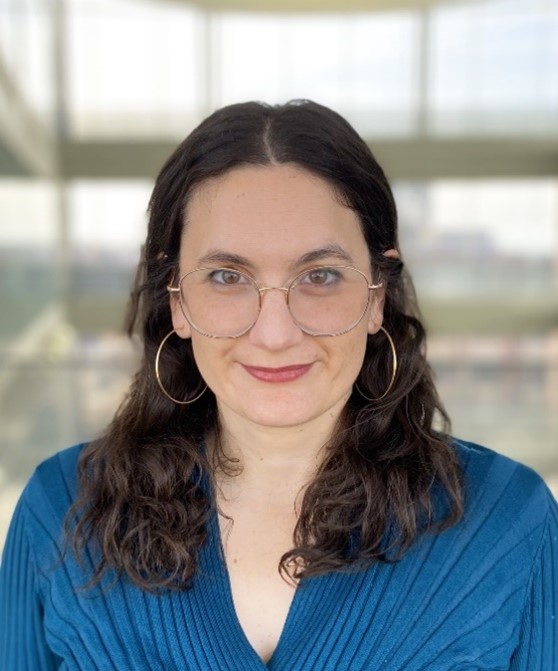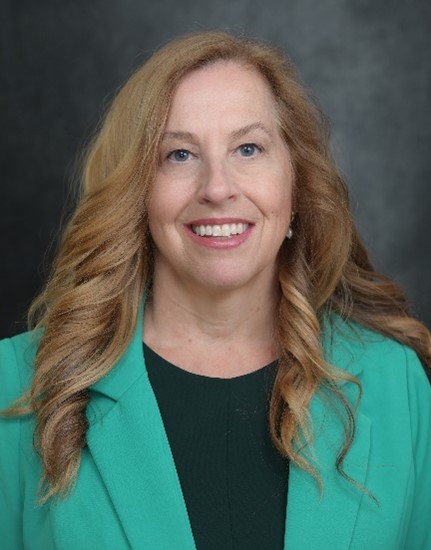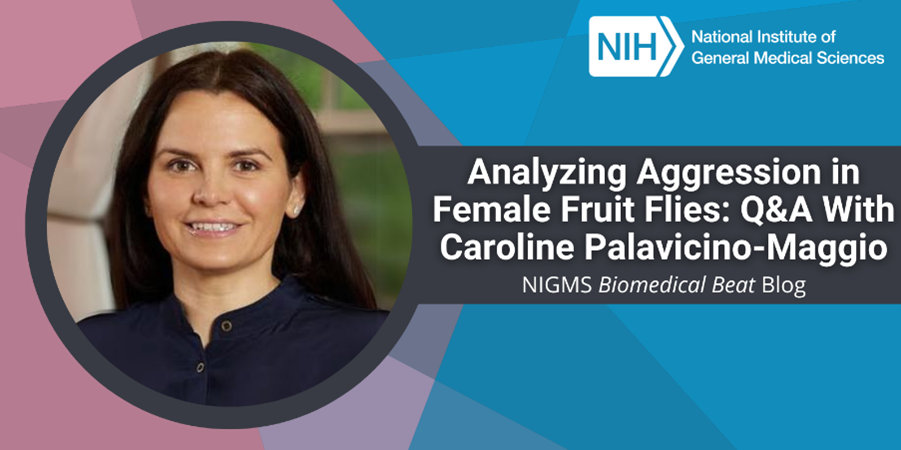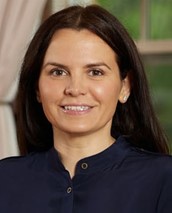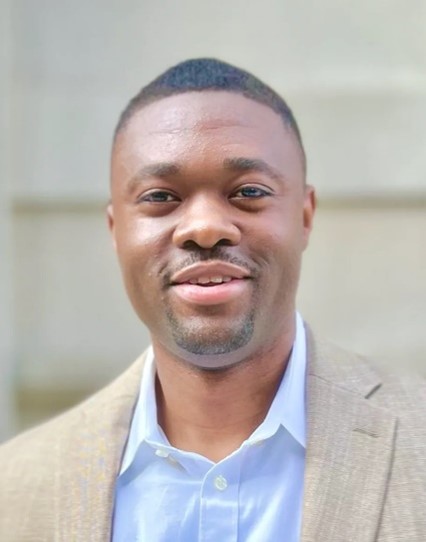
“In high school, one of my teachers encouraged me to take an advanced biology class, and I’m so glad I did,” says Yvon Woappi, Ph.D. “The class opened my eyes to the fact that there were other people who loved nature like I did—they’re called biologists!” Now, Dr. Woappi is an assistant professor of physiology and cellular biophysics at Columbia University in New York City. We talked with him about his early love of nature and the night sky, the support he received from NIGMS training programs, and his research on wound healing.
Get to Know Dr. Woappi
- Coffee or tea? Tea
- Favorite music genre? Makossa, which originated in Douala, Cameroon
- Cats or dogs? Cats
- Rainy or sunny? Rainy
- Ocean or lake? Ocean
- Childhood dream job? Painter
- Favorite hobby? Chess
- Favorite lab tool? Fluorescent microscope
- Favorite pipette size? 100 microliters
- A scientist (past or present) you’d like to meet? Jonas Salk (who developed a safe and effective polio vaccine)


